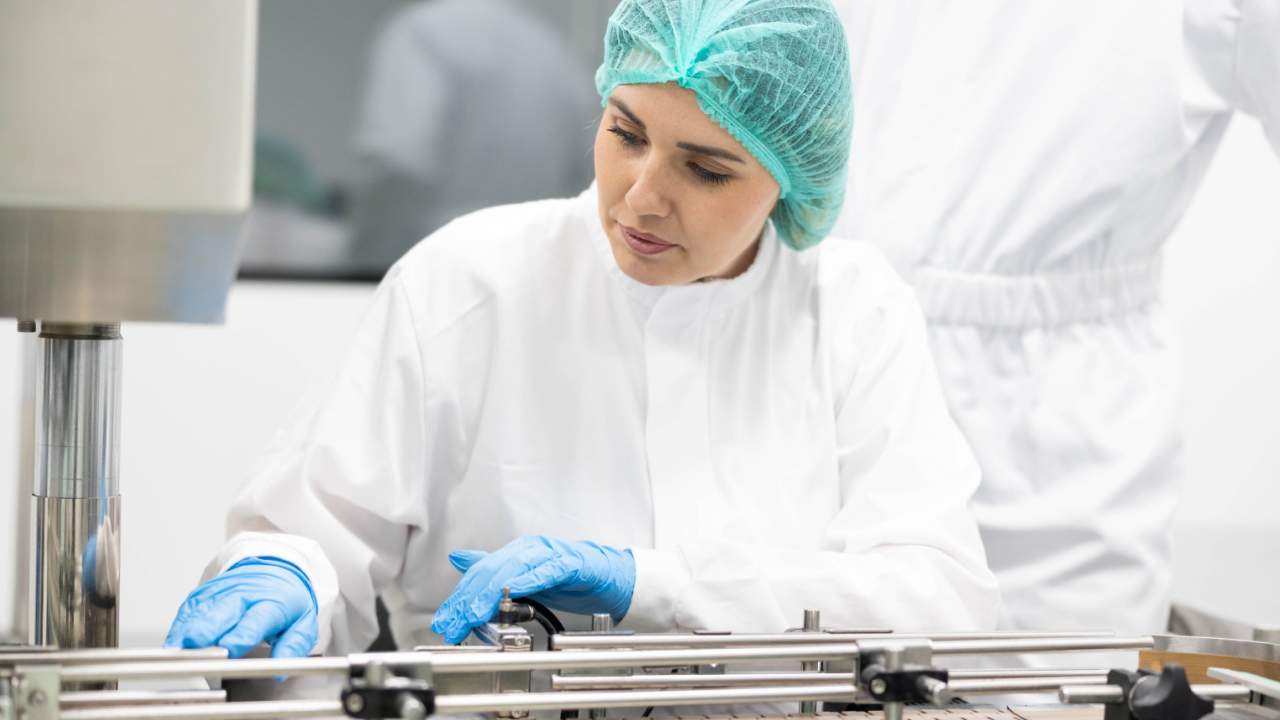The First Affiliated Hospital of Zhejiang University and Innovative Cellular Therapeutics (ICT), have reported positive results for their clinical trial using CAR-T cell immunotherapy to treat patients with relapsed or refractory B lymphoblastic leukemia. The trial – which took ten months to complete – resulted in a complete remission rate of 90 percent, and a minimal residual disease (MRD-negative) rate of 80 percent.
The MRD is a measure of the small number of cancerous bone marrow cells that remain in a patient, following treatment. While MRD is a good predictor of relapse potential, even patients who are MRD-negative could experience recurrence of leukemia symptoms.
According to the researchers, these clinical results have “out-performed the best results recorded worldwide to date.” As is common with many CAR-T clinical trials, this study only tested the therapy in ten patients.
The patients in the study covered a broad age range from 17 to 57, and their diagnoses gave them only months to live. Blood samples were collected from each patient following enrollment, and the study coordinators manipulated their T-cells to display a specific Chimeric Antigen Receptor (CAR).
The CAR allows the T-cells to identify and destroy the cancerous leukemia cells. Each patient received an infusion with their own engineered CAR-T cells, and the clinical researchers monitored the participants to determine the level of cell expansion within the body.
The researchers noted that some patients displayed symptoms of a sometimes-deadly condition known as cytokine release syndrome – or “cytokine storm” – in which the infused CAR-T cells induce a massive immune response. While some researchers regard this as a negative side effect of the treatment – the symptoms of which include fever, muscle pain and hypoxemia – other researchers believe the cytokine storm is an integral part of the therapy’s success.
In total, ICT is testing the technique in clinical trials across seven other Chinese hospitals. Based on initial data collected from 23 patients with advanced stages of leukemia, 87 percent have entered into complete remission.
With the entrance of the China-based ICT onto the CAR-T scene, American immunotherapy companies like Novartis, Juno and Kite Pharma, could face considerable international competition. ICT is already planning its next clinical trial for leukemia, and hopes to apply the CAR-T technique to other cancers, including breast cancer, colorectal cancer and esophageal cancer.












Join or login to leave a comment
JOIN LOGIN